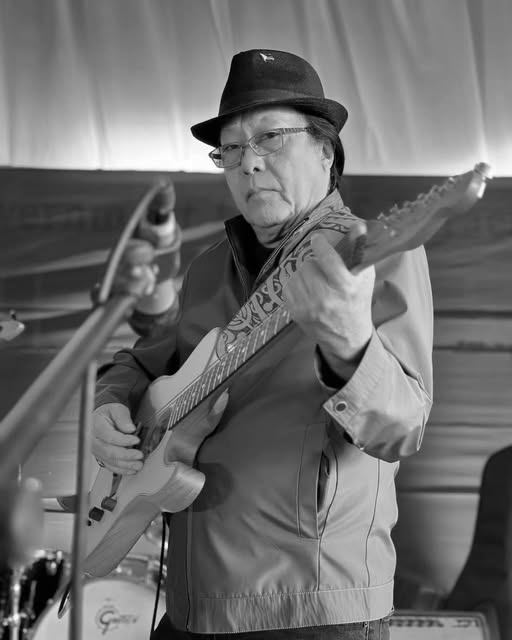Freddie Aguilar Death and Obituary – Freddie Aguilar, a renowned Filipino singer and songwriter whose name became synonymous with Filipino music, has passed away at the age of 72. The news of his death was confirmed on May 27, 2025, by Atty. George Briones, a representative from the Partido Federal ng Pilipinas. The legendary artist died at the Philippine Heart Center after battling health complications. Aguilar’s passing marks the end of an era for Original Pilipino Music (OPM), where he played an instrumental role in shaping the genre.
Born on February 5, 1953, in Isabela, Philippines, Freddie Aguilar gained national and international recognition for his groundbreaking hit, Anak (“Child”), which was released in 1977. This poignant ballad about familial love and generational gaps became an anthem not only in the Philippines but also around the world, resonating with Filipino communities across different continents. The song’s massive success transcended borders, earning recognition as one of the most iconic Filipino songs of all time. Its lyrics, written by Aguilar himself, were deeply reflective of Filipino values of respect, love, and sacrifice in family life.
Aguilar’s career spanned decades, and his contributions to OPM were immense. He is often credited with introducing Filipino folk and traditional music to a wider audience, blending them with contemporary styles and creating a sound that defined an era of Filipino music. Beyond Anak, his other well-loved songs like Pangako Sa’yo (“Promise to You”), Kahit Isang Saglit (“Even for Just a Moment”), and Magdalena continue to hold a special place in the hearts of Filipino music fans.
Throughout his career, Freddie Aguilar was recognized with numerous accolades, both locally and internationally. He was awarded the prestigious National Artist of Music title in 2020 by the National Commission for Culture and the Arts (NCCA), a testament to his significant contributions to Filipino music and culture. His works have been recognized for their social and political relevance, as they often addressed the struggles and aspirations of the Filipino people, and he became a voice for those who sought justice, equality, and a better future for the country.
In addition to his success as a musician, Aguilar was a public figure who took on various roles in the Philippine society. He was actively involved in politics, having run for several public office positions, and served as an advocate for Filipino heritage and the arts. His political affiliations were often tied to his desire to elevate the country’s music industry, promote cultural awareness, and support the welfare of Filipino musicians.
Freddie Aguilar’s death has left a void in the Philippine music industry, but his legacy will continue to inspire future generations of musicians and songwriters. His songs remain timeless, and his influence on OPM will be remembered as one of the most significant in the history of Filipino music.
The family of Freddie Aguilar has requested privacy during this difficult time, while fans and the music community have expressed an outpouring of love and respect for the late legend. Aguilar’s passing, though tragic, ensures that his name will live on through his powerful and heartfelt music that defined a generation and touched hearts worldwide.
The country will always remember Freddie Aguilar not only as a musical icon but also as a cultural ambassador whose work helped shape the identity of Filipino music and the national consciousness.




